**Sad News: NCAA Fines Georgia Bulldogs Football $10 Million for Violating Rules**

**Athens, Georgia – October 14, 2024**
In a shocking and unprecedented move, the NCAA has levied a massive $10 million fine against the Georgia Bulldogs football program for a series of rule violations that have sent shockwaves through the college football world. This decision, which comes after a lengthy investigation, marks one of the most severe penalties in the history of collegiate athletics and raises serious questions about the future of one of the nation’s premier football programs.
**The Investigation and Its Findings**
The NCAA’s investigation into the Georgia Bulldogs football program began over a year ago, following allegations of improper benefits, recruiting violations, and academic misconduct. The investigation, which was thorough and far-reaching, uncovered a wide range of infractions that painted a troubling picture of systemic issues within the program.
According to the NCAA’s report, the violations included:
1. **Improper Benefits**: Numerous instances were found where players received benefits that were not permissible under NCAA rules. These benefits ranged from cash payments to lavish gifts and even housing arrangements that were not reported or approved by the university.
2. **Recruiting Violations**: The investigation revealed a pattern of illegal recruiting practices, including offering inducements to high school athletes and their families to persuade them to commit to Georgia. These inducements included cash payments, expensive gifts, and promises of additional benefits once they enrolled at the university.
3. **Academic Misconduct**: There were also findings of academic fraud, with some players receiving unauthorized assistance to ensure their eligibility. This included altering grades, providing test answers, and writing papers on behalf of student-athletes.
4. **Lack of Institutional Control**: Perhaps most damning was the finding of a lack of institutional control. The NCAA determined that the university’s administration and athletic department failed to establish and enforce policies that would have prevented these violations, indicating a significant breakdown in oversight and compliance.
**The NCAA’s Response and Sanctions**
Given the severity and breadth of the violations, the NCAA’s response was swift and decisive. In addition to the $10 million fine, the NCAA imposed several other sanctions on the Georgia Bulldogs football program, including:
1. **Scholarship Reductions**: The program will face significant reductions in the number of scholarships it can offer over the next three years, severely impacting its ability to recruit top talent.
2. **Postseason Ban**: The Bulldogs are banned from postseason play for the next two seasons, meaning they will be ineligible to compete in bowl games or the College Football Playoff.
3. **Probation**: The program has been placed on probation for four years, during which time it will be subject to increased scrutiny and oversight by the NCAA.
4. **Show-Cause Orders**: Several current and former coaches and administrators have been issued show-cause orders, meaning any NCAA member institution that wishes to hire them must demonstrate why they should not be held responsible for the violations.
5. **Vacated Wins**: The program will be required to vacate wins from seasons in which ineligible players participated, which will significantly impact its historical records.
**Reactions from the Georgia Bulldogs and the College Football Community**
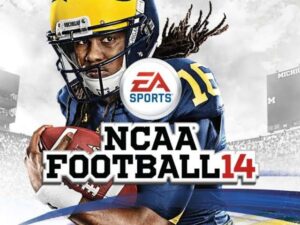
The news of the sanctions has elicited a wide range of reactions from the Georgia Bulldogs, their fans, and the broader college football community.
**University of Georgia’s Response**
In a press conference held shortly after the NCAA’s announcement, University of Georgia President Jere Morehead expressed deep disappointment and regret over the findings. “We are deeply saddened by the NCAA’s findings and the sanctions imposed on our football program. We take full responsibility for the violations and are committed to taking the necessary steps to ensure that this never happens again.”
Athletic Director Josh Brooks also addressed the media, stating, “We are committed to upholding the highest standards of integrity and compliance in our athletic programs. These violations are unacceptable, and we will take every measure to address the issues and rebuild the trust of our community and supporters.”
Head Coach Kirby Smart, who has been a central figure in the program’s recent success, expressed his own disappointment. “I am devastated by the news and the impact it will have on our players, staff, and fans. We will work tirelessly to correct the mistakes that have been made and ensure that our program operates with the highest level of integrity moving forward.”
**Fan Reactions**
The reaction from Georgia Bulldogs fans has been mixed. While some have expressed anger and frustration at the program’s leadership for allowing these violations to occur, others have called for patience and support as the program navigates through this difficult period.
“I’m heartbroken,” said long-time Georgia fan Bill Thompson. “We’ve been through so much as fans, and to see our program hit with these kinds of sanctions is devastating. But I believe in our team and our university, and I know we can come back stronger.”
**College Football Community’s Response**
The broader college football community has also weighed in on the sanctions. Analysts and commentators have highlighted the severity of the penalties and the message it sends about the NCAA’s commitment to enforcing its rules.
“These are some of the harshest sanctions we’ve seen in recent memory,” said ESPN analyst Paul Finebaum. “The NCAA is clearly sending a message that they will not tolerate this kind of behavior, and it’s a wake-up call for programs across the country to ensure they are operating within the rules.”
**Impact on the Program’s Future**
The sanctions imposed on the Georgia Bulldogs football program will undoubtedly have a significant impact on its immediate and long-term future.
**Recruiting Challenges**
The scholarship reductions and postseason ban will make it challenging for the Bulldogs to attract top-tier talent in the coming years. High school athletes who may have considered Georgia as a top destination might now look elsewhere, where they can compete for championships and receive the full benefits of their scholarships.
**Program Morale**
The morale within the program will also be affected. Players and coaches who have worked hard to build a successful team will now have to deal with the fallout of the sanctions, including the loss of scholarships, vacated wins, and the inability to compete in the postseason. Maintaining motivation and focus will be a significant challenge for the coaching staff.
**Financial Implications**
The $10 million fine will have financial implications for the athletic department. While the University of Georgia has a strong athletic program with substantial revenue streams, such a significant fine will require adjustments in budgeting and spending. This could impact not only the football program but other sports and facilities as well.
**Restoring Trust and Integrity**
Restoring trust and integrity within the program will be a top priority for the university’s administration. This will involve implementing stricter compliance measures, increasing oversight, and ensuring that all staff and athletes are educated about the importance of adhering to NCAA rules. Building a culture of accountability and transparency will be crucial in moving forward.
**Historical Context and Comparisons**
The sanctions against the Georgia Bulldogs football program are among the most severe in NCAA history, but they are not without precedent. Over the years, several other high-profile programs have faced significant penalties for rule violations.
**SMU Mustangs (1987)**
One of the most infamous cases in NCAA history is the Southern Methodist University (SMU) football program, which received the “death penalty” in 1987. The NCAA found that SMU had committed numerous violations, including paying players. The program was suspended for the 1987 season and was not allowed to participate in the 1988 season, leading to long-lasting damage to the program.
**USC Trojans (2010)**
In 2010, the University of Southern California (USC) football program was hit with severe sanctions for violations involving star player Reggie Bush. The penalties included a two-year postseason ban, the loss of scholarships, and the vacating of wins, including their 2004 national championship. The sanctions had a significant impact on the program’s competitiveness for several years.
**Penn State Nittany Lions (2012)**
In the wake of the Jerry Sandusky scandal, the Penn State football program faced unprecedented penalties in 2012. The NCAA imposed a $60 million fine, a four-year postseason ban, scholarship reductions, and the vacating of all wins from 1998 to 2011. While the sanctions were later reduced, the impact on the program and university was profound.
**Conclusion**
The $10 million fine and additional sanctions imposed on the Georgia Bulldogs football program represent a significant moment in college athletics. The severity of the penalties reflects the NCAA’s commitment to enforcing its rules and maintaining the integrity of collegiate sports.
For the University of Georgia, the road ahead will be challenging. Rebuilding trust, addressing the underlying issues that led to the violations, and ensuring that the program operates within the rules will require a concerted effort from the administration, coaching staff, and players. While the immediate future may be difficult, there is hope that the Bulldogs can emerge stronger and more resilient.
As the college football community watches closely, the lessons learned from this situation will serve as a reminder to all programs of the importance of compliance, integrity, and accountability in the pursuit of athletic excellence.
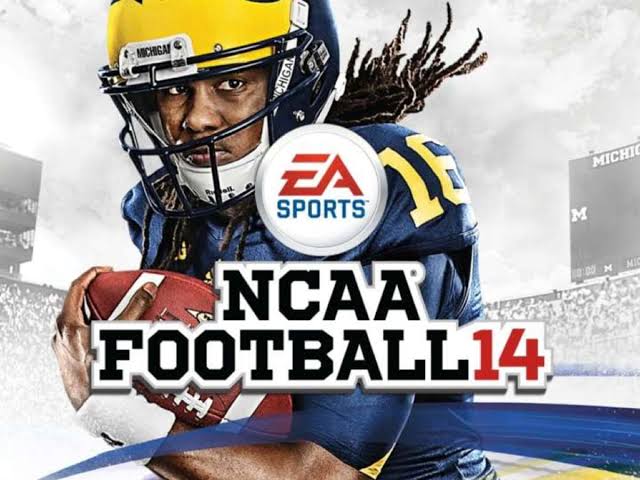




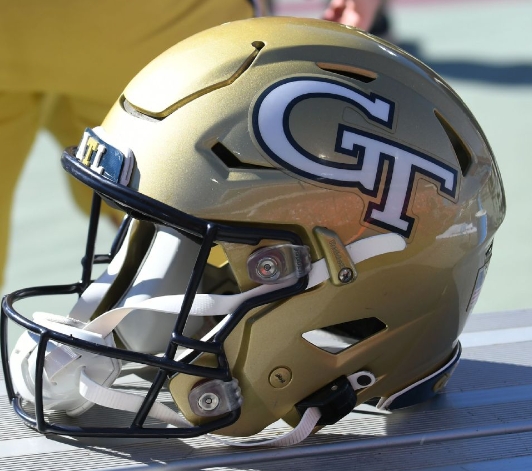

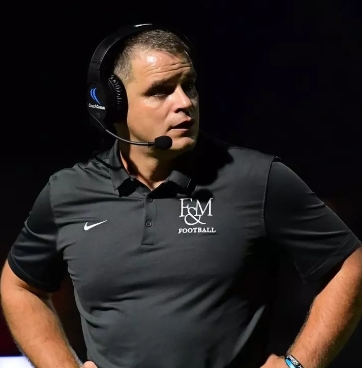
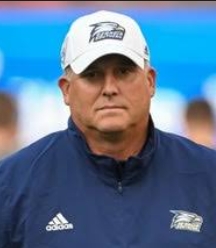
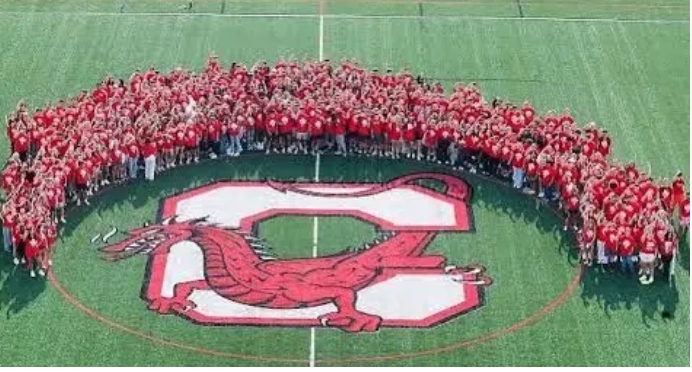


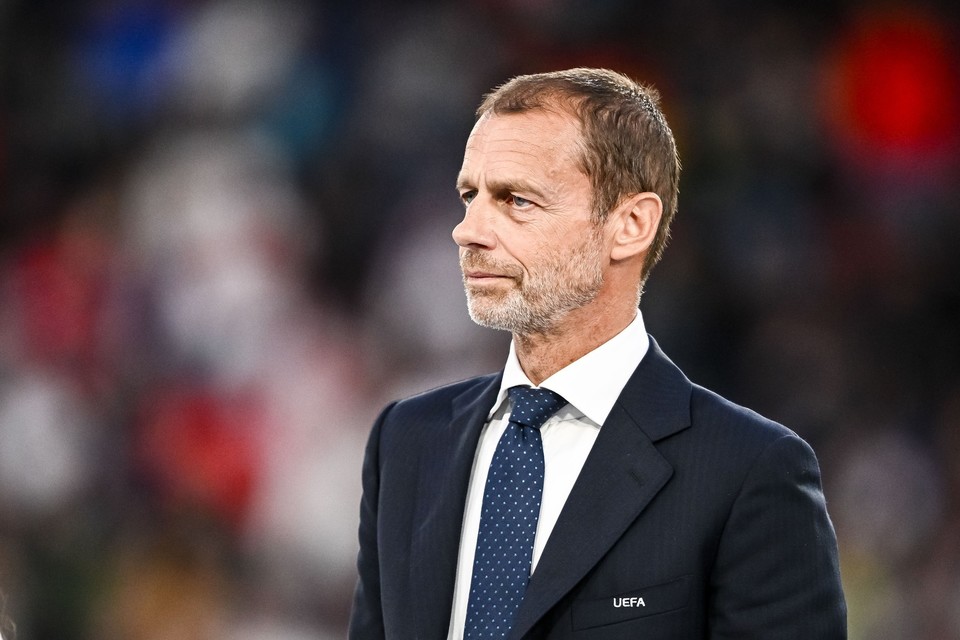
Leave a Reply